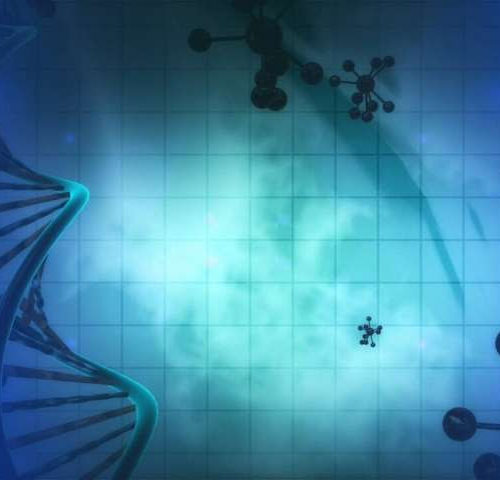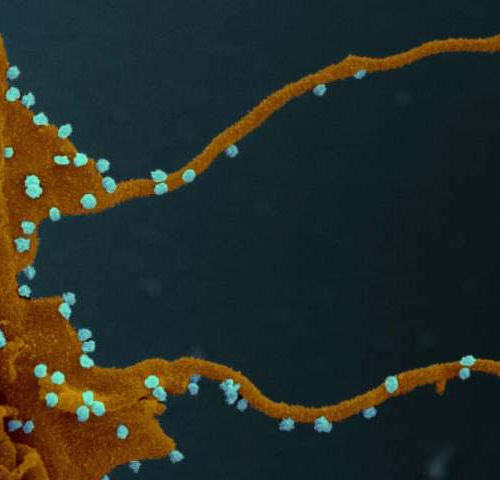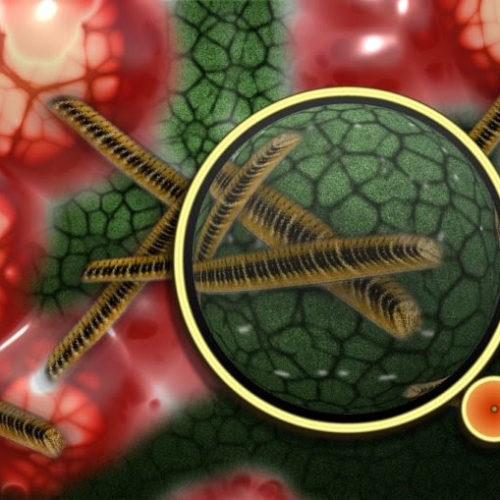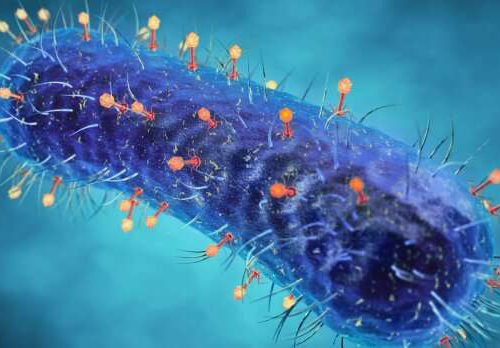by Walter and Eliza Hall Institute of Medical Research Melbourne researchers have developed a fast, new test for infections and infectious diseases that could transform Australia’s ability to provide targeted clinical care and respond to pandemics and biosecurity threats. Called c-FIND, the test has the potential to rapidly and accurately detect multiple viral, bacterial or...
Tag: <span>COVID-19</span>
Existing drugs can prevent SARS-CoV-2 from hijacking cells
by European Molecular Biology Laboratory An international team of researchers has analyzed how SARS-CoV-2, the virus that causes COVID-19, hijacks the proteins in its target cells. The research, published in the journal Cell, shows how the virus shifts the cell’s activity to promote its own replication and to infect nearby cells. The scientists also identified...
BALDNESS MAY BE A RISK FACTOR FOR COVID-19
Two small studies published recently suggested most men hospitalized with Covid-19 are bald, generating headlines around the world. While this may sound strange, science does offer a plausible explanation. Male pattern baldness is associated with high levels of male sex hormones called androgens. And androgens seem to play an important role in the entry of...
Here’s how to take your kids to the playground while also protecting them from the coronavirus
Health officials have provided basic ways on how to protect ourselves from the novel coronavirus. These include sanitizing or washing our hands, and wearing a mask when in public. Always remember that you and your child should wash or sanitize hands as soon as possible after you’re done playing outside. As much as possible, avoid...
WATCH: Drug-resistant superbugs are a slow-moving pandemic
Scientists at McMaster are warning that while the world’s attention is focused on COVID-19, another pandemic — antimicrobial resistance (AMR) — is of grave concern. “AMR is a pandemic that has been going on for a very long time. Essentially, when we started to use antibiotics, we started to see resistance to them,” says Lori...
Research shows COVID-19 is an independent risk factor for acute ischemic stroke
THE MOUNT SINAI HOSPITAL / MOUNT SINAI SCHOOL OF MEDICINE PUNEET BELANI, MD, ASSISTANT PROFESSOR, RADIOLOGY AND NEUROSURGERY, ICAHN SCHOOL OF MEDICINE AT MOUNT SINAIview more CREDIT: MOUNT SINAI HEALTH SYSTEM Journal Name: American Journal of Neuroradiology: http://www.ajnr.org/content/ajnr/early/2020/06/25/ajnr.A6650.full.pdf Title of the Article: COVID-19 is an independent risk factor for acute ischemic stroke. Corresponding Author: Puneet...
New data reveals even low levels of air pollution triggers gene expression
New data from a landmark study by Monash University researchers raises concerns that even short-term exposure to low level air pollution can affect gene expression, leaving us at risk of diseases such as cancer, cardiovascular and respiratory diseases. It has long been known that exposure to air pollution, including the widespread smoke events of the...
Initial COVID-19 infection rate may be 80 times greater than originally reported
by Pennsylvania State University Many epidemiologists believe that the initial COVID-19 infection rate was undercounted due to testing issues, asymptomatic and alternatively symptomatic individuals, and a failure to identify early cases. Now, a new study from Penn State estimates that the number of early COVID-19 cases in the U.S. may have been more than 80...
COVID-19 NEW Update: Asians Have Highest COVID-19 Death Risks Over Eating Too Much Sugar
The University of Edinburgh in Great Britain claims Asians are more likely to die in Coronavirus compared to other races, specifically South Asian. One of the main arguments that supported this claim is the fact that this race also shown increase cases in diabetes. Therefore, treating patients with both these diseases may have a more...
Bacterial predator could help reduce COVID-19 deaths
by University of Birmingham A type of virus that preys on bacteria could be harnessed to combat bacterial infections in patients whose immune systems have been weakened by the SARS-CoV-2 virus that causes the COVID-19 disease, according to an expert at the University of Birmingham and the Cancer Registry of Norway. Called bacteriophages, these viruses...








